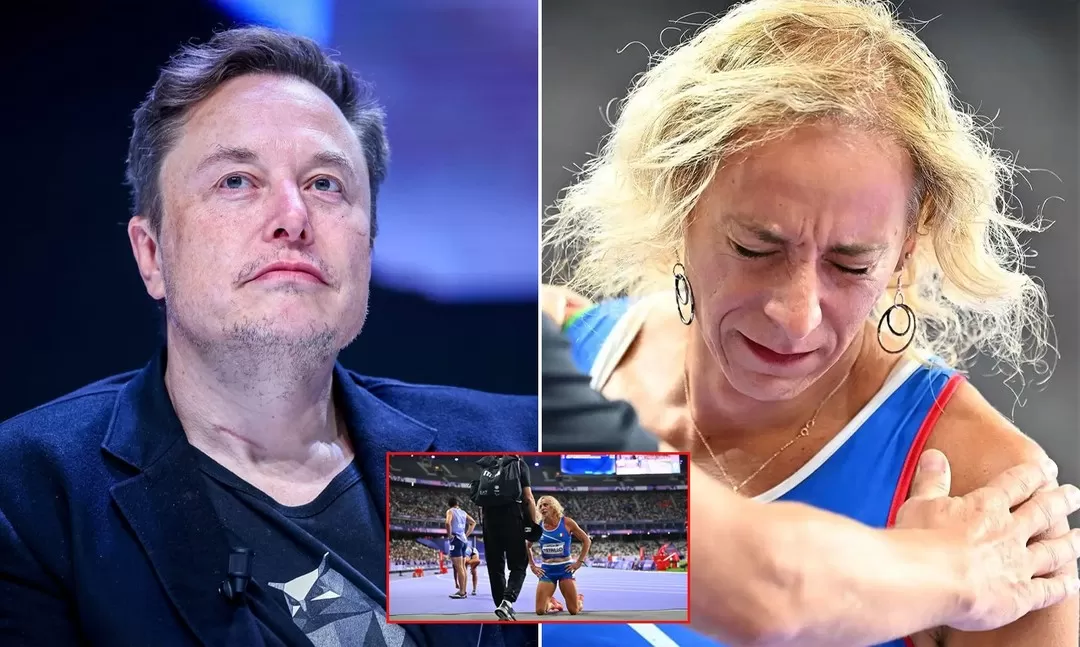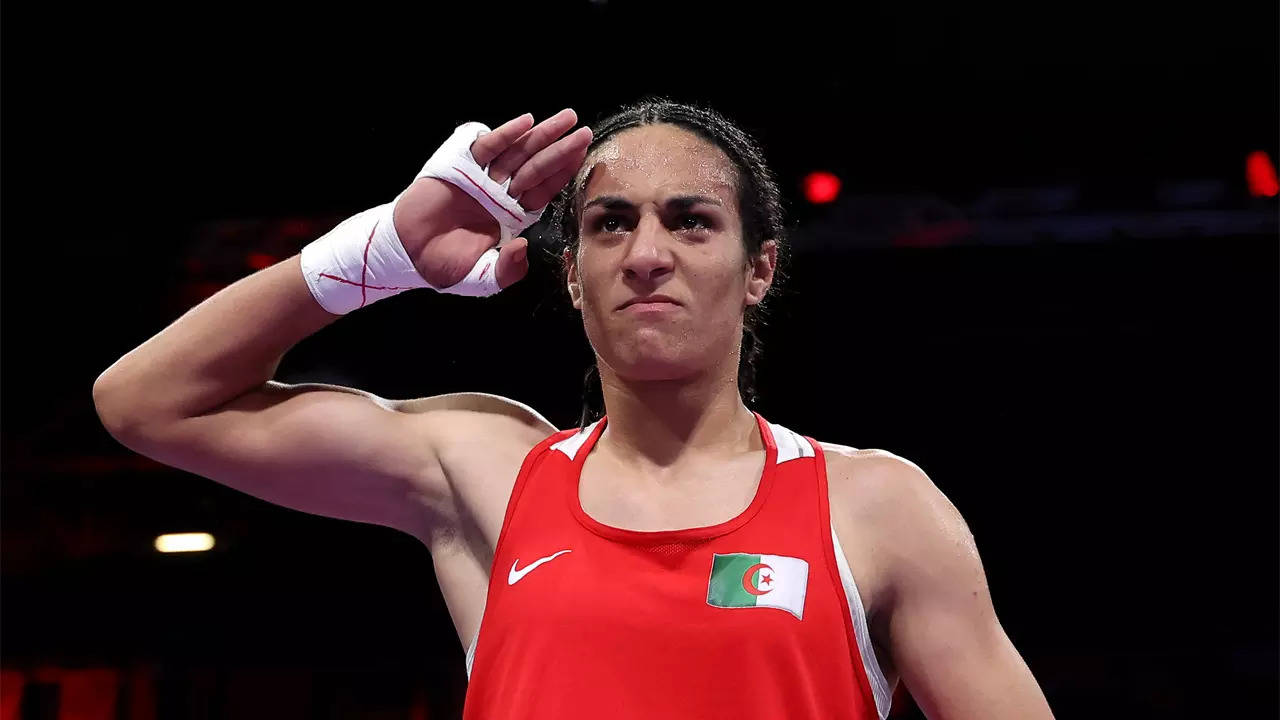Elon Musk Sparks Controversy with Bold Stance on Transgender Athletes in Women’s Sports
Elon Musk, the billionaire entrepreneur known for his outspoken nature, has ignited widespread debate with his recent remarks on transgender athletes in women’s sports. Taking to his platform, X (formerly Twitter), Musk declared that biological males, even after transitioning, should not participate in women’s sports, calling it a form of “cheating with what nature has given them.”
The statement, controversial yet direct, has brought renewed attention to the already heated discourse surrounding the inclusion of transgender athletes in competitive sports. Musk’s argument centers on the belief that biological males possess inherent physical advantages in strength, speed, and endurance, which, he claims, undermine fairness in women’s competitions.

A Polarizing Debate: Inclusion vs. Fairness
Musk’s comments come at a time when the participation of transgender athletes in women’s sports has become a focal point in discussions about equity and inclusion. Advocates for transgender rights argue that athletes should compete in alignment with their gender identity to foster acceptance and provide opportunities for all individuals. However, critics, including Musk, contend that such inclusion compromises the integrity of competitive sports, particularly in events where minute differences in performance can determine victory.
For instance, high-profile cases like swimmer Lia Thomas and sprinter Valentina Petrillo have fueled these debates. Supporters of inclusion highlight data suggesting no significant advantages for transgender athletes in certain cases, while opponents argue that the broader trend reveals an unfair edge in physically demanding sports.

The Reactions: Support and Backlash
Musk’s stance has garnered both strong support and harsh criticism. Advocates for preserving traditional gender divisions in sports have applauded his boldness, asserting that his position safeguards the competitive opportunities for women and ensures fair play. On the other hand, critics accuse Musk of perpetuating discrimination against transgender individuals and ignoring the complexities of gender identity and fairness.
Public figures like J.K. Rowling have also entered the fray, voicing concerns over perceived “cheating” in women’s sports, adding fuel to the fire Musk ignited. However, opponents, including LGBTQ+ advocacy groups, argue that such statements are harmful, perpetuating stereotypes and marginalizing an already vulnerable group.

Broader Implications
The controversy surrounding Musk’s statement underscores the broader societal challenge of balancing inclusion with fairness. As debates rage on, solutions remain elusive. Proposals such as creating separate categories for transgender athletes or refining eligibility criteria for women’s events continue to face logistical and ethical hurdles.
Musk’s directness, while divisive, has brought fresh urgency to these conversations. His call to address perceived imbalances reflects growing societal tensions around gender and competition. Whether this sparks meaningful reform or deepens existing divides remains to be seen.
In an age where discussions about gender, equity, and sports are more visible than ever, Musk’s involvement underscores the complexity of navigating these sensitive topics. His bold declarations might catalyze change—or add fuel to an already blazing fire.





